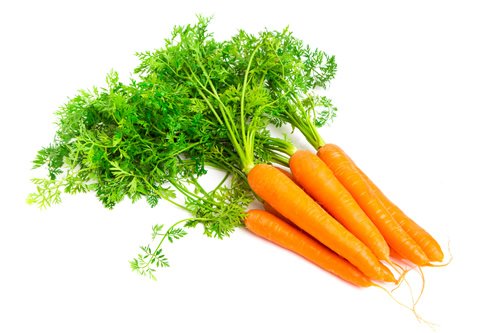Biocontrol for Vegetables
A New Zealand Research Commercialisation Success Story
Lincoln University intends to develop a commercially viable live spore product to protect high value vegetables against soil-borne pathogens.
New Zealand produces around 60% of the world's carrot seed, all of which is exported. The export value of carrot seed was $27M in 2013.
Lincoln's technology will provide an effective method of protection against soil-borne pathogens. Not only will this improve crop yield and quality but will also allow growers to expand into soils currently out of circulation due to infection. This control will be cost effective and save exporters millions in wasted fungicide application.
The KiwiNet team helped Lincoln University by assisting with market validation activities and the preparation of a project proposal which was subsequently approved by the Investment Committee. The Committee identified this as a promising project with the potential to protect and increase the export of fresh vegetables from New Zealand.
Professor John Hampton, Director, Lincoln University Seed Research Centre


